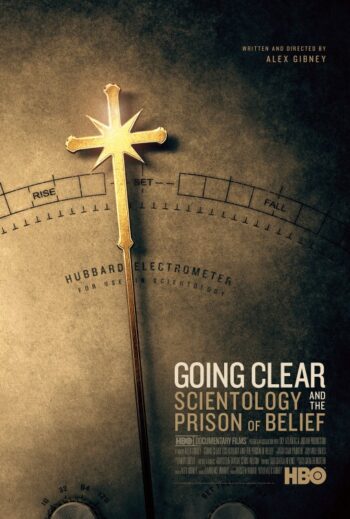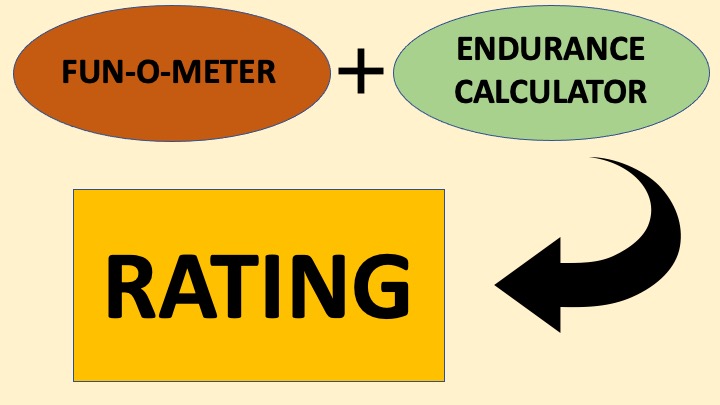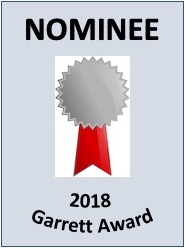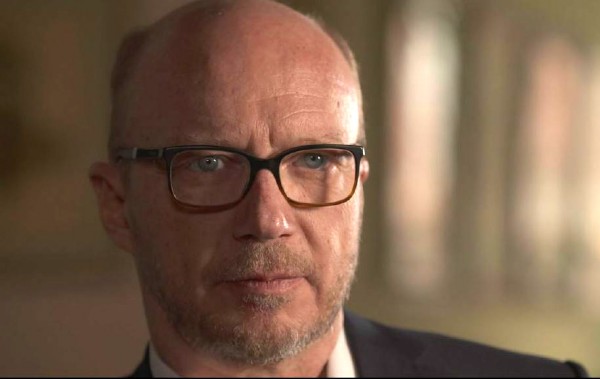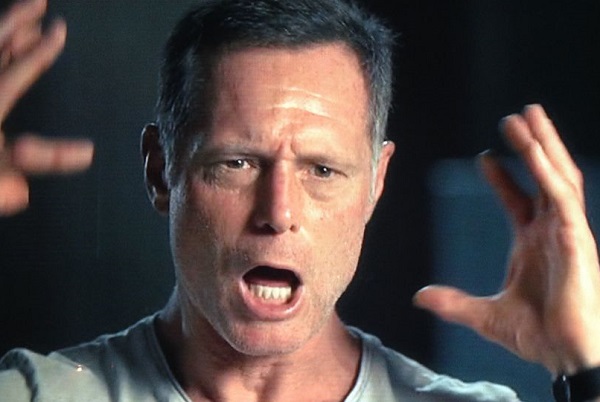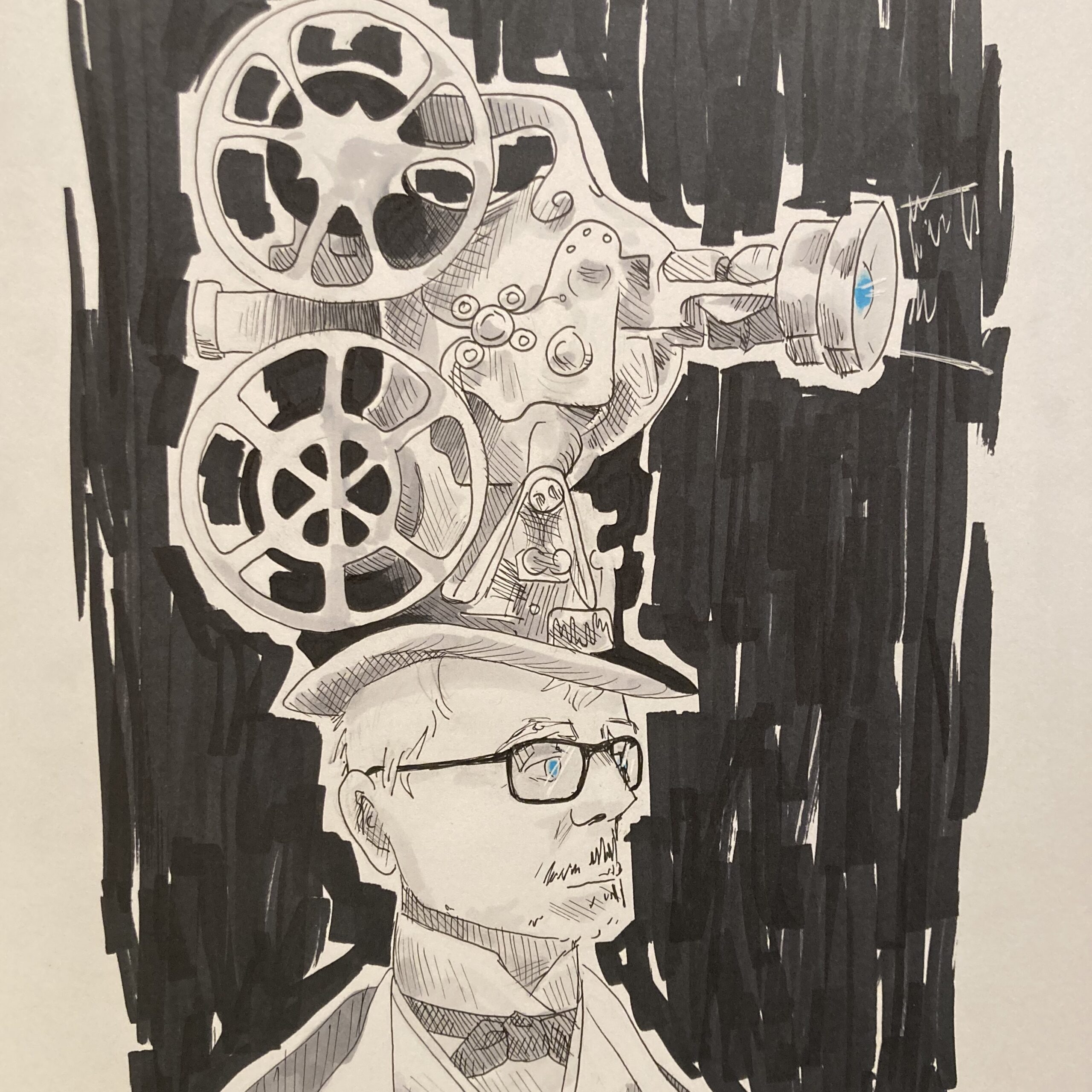“Cults, they prey on people, suggesting that, you know, you should be able to think for yourself and then tell you exactly how you have to think, or get out. And if you get out, there will be consequences.”
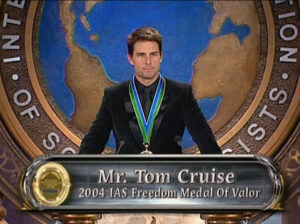
It’s easy to throw stones at Scientology. The group is variously called a cult or thriving modern religion, and its adherents are known for being secretive about their practices (auditing anyone?), protective of their idols (Tom Cruise), and angry about the negative PR campaign that has developed around the group.

The sect is recently noteworthy as the target of criticism from a number of its former members. Most well-known may be Leah Remini who hosts the A&E series Leah Remini: Scientology and the Aftermath. The point made by Remini and others is that Scientology expresses its value as a self-help method with a proven record of success. But it is also a bruising, abusive, and scarring cult of personality, firstly formed around founder Lafayette Ron Hubbard, or LRH among true believers, but now attached to LRH’s successor David Miscavige, that exists to use the labor and treasure of adherents to make Scientology an international power broker, damn the cost paid by individual Scientologists.
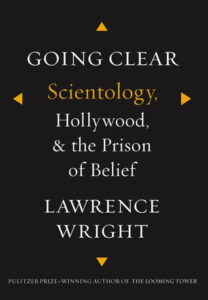
The movement became the subject of investigative journalist Lawrence Wright who found himself deeply curious about Scientology. He interviewed hundreds of sources and published Going Clear: Scientology, Hollywood, and the Prison of Belief in 2013. The next year HBO optioned the book as the basis of a documentary helmed by Alex Gibney, which was released at the Sundance Film Festival in early 2015 with the revised title Going Clear: Scientology and the Prison of Belief.
As in all of Gibney’s docs, Going Clear reveals the subject through high-end cinematography that records newly-produced interviews, which are combined with a slurry of mixed-format archival sources. His crew builds on this backbone of new material and found footage to attach winningly scored music and carefully constructed sequences that sometimes include re-enactments, and the result is a sharp-edged evisceration of the unconditionally powerful.
Going Clear is part LRH biography, part audio-visual tie-in for Wright’s book, and 100% critical of Scientology as a system for the acquisition of power and influence. Individual Scientologists will find such a point-of-view distressing since so much of the movie’s emotional appeal is the set of witnesses, like Oscar-winning filmmaker Paul Haggis and actor Jason Beghe, who support a skeptical view of the Church’s claims of benevolence.
The take-away of Going Clear is that no one questions the value of finding useful means to improve personal potential. Becoming better versions of ourselves is a master narrative of modern life. The problem with LRH and the system he built is that it is administered by people who may be self-serving and psychotic, and therefore dangerous.
–November 30, 2018

